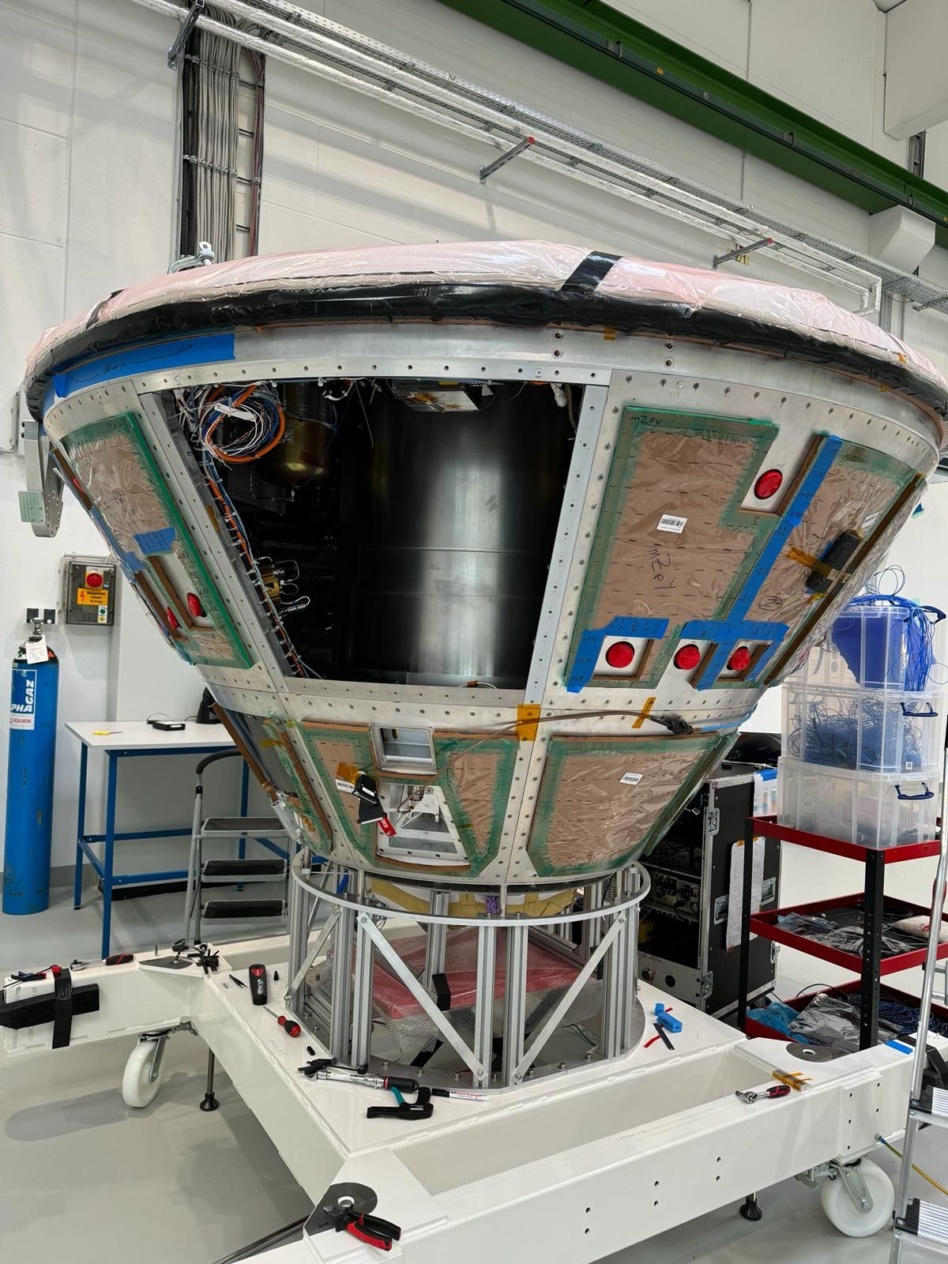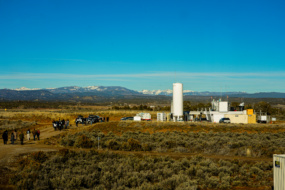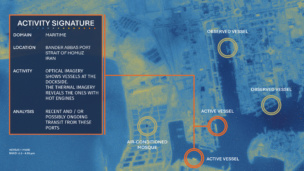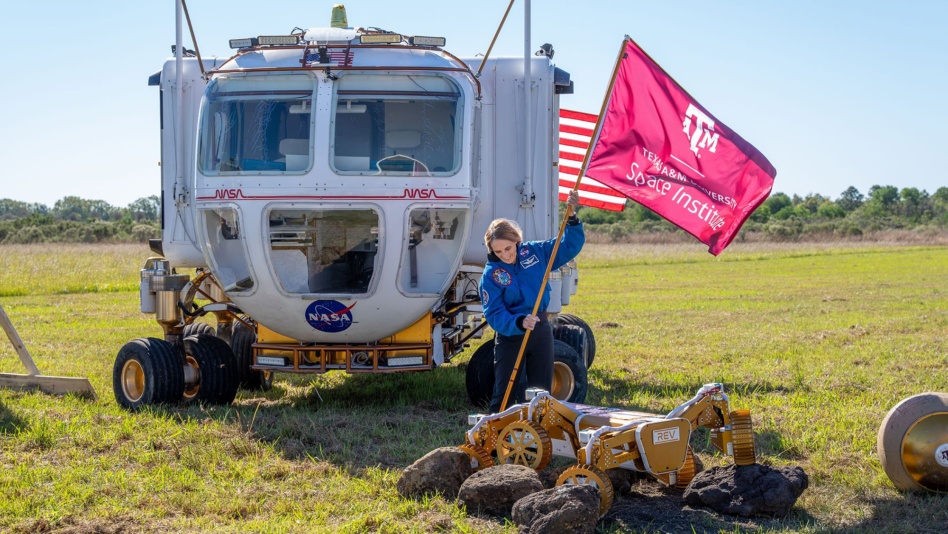The Exploration Company got a little more free ranging yesterday, announcing a $160M Series B that puts the European firm on track to send a cargo space capsule to the ISS by 2028.
With just two LEO spacecraft in the Western world and Europe increasingly interested in pursuing its own space capabilities, The Exploration Company is vying to deliver the goods.
“We are all very focused on the final capsule,“ Hélène Huby, the company’s CEO and cofounder, told Payload. “We have schedule pressure because the ISS will be deorbited, it is very important we fly in 2028 and not later.”
The round was led by Balderton Capital and Plural, with participation from Bessemer Venture Partners and NGP Capital, as well as two European public investment funds, French Tech Souveraineté and DeepTech & Climate Fonds. The company has now raised more than $200M, and Huby said 98% of the cap table is European.
State of the art: Huby and her cofounders got their start working on the Orion space capsule at Airbus and wanted to develop a vehicle with modern capabilities like reusability. The company is designing the Nyx spacecraft to carry 4,000 kg into orbit a 3,000 kg back to Earth at a lower cost than existing spacecraft.
Traction: ESA awarded a development contract to TEC through a program similar to the NASA process that resulted in the Crew Dragon. Huby expects a final tranche of funding to be approved at the end of 2025, which would allow them to complete the development program.
TEC has a $800M contract backlog, mostly from private companies building their own space stations, including Axiom and Vast.
And if that works out: “The more we deliver with the cargo capsule, the more we prove we can do it, the more excitement there is and credibility there is for human spaceflight,” Huby said.
Ready to burn. The next step is a subscale demonstrator, dubbed Mission Possible, scheduled to fly 300kg of payload in June 2025 and prove the company’s reentry technology, identified as the highest-risk item in its development portfolio.
“So we said, let’s go as fast as we can into the riskiest item. If we don’t master that, we won’t master the rest,” Huby told Payload earlier this year.





